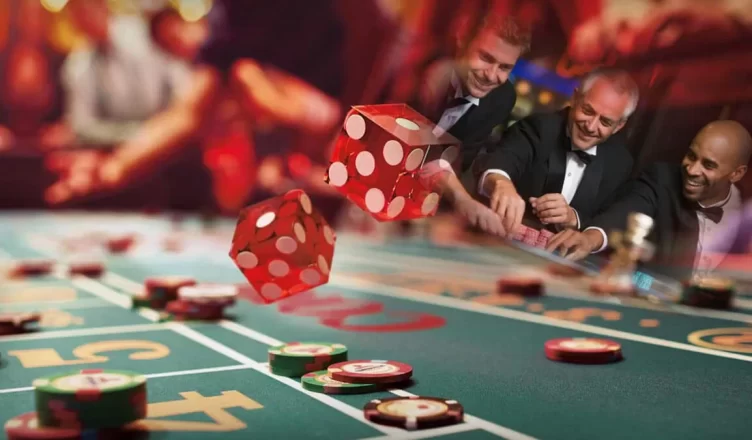Gambling has long been an entertaining form of recreation that dates back to ancient civilization. From games of chance to modern casinos catering to an international clientele, gambling remains a form of entertainment today.
Gambling’s development has been remarkable; starting off as an underground activity and quickly expanding to a global industry.
Origins
Gambling has long been part of human culture. While its exact start-date remains unknown, most believe that gambling dates back as far as prehistoric times.
At this time, primitive gambling games were first played. Evidence can be found on unearthed Chinese tiles which show early forms of gambling and Greek and Roman pottery which depicts betting on animal fights.
Only after the 1800s did organized sanctioned gambling become a mainstream form of entertainment, largely thanks to lotteries which served as a means of raising funds for state projects or reconstruction after Civil War reconstruction.
Early forms
Gambling was evident among ancient civilizations, yet not widespread practice. Over the course of centuries however, gambling became more organized and structured until casinos first started appearing – first appearing in Venice where government-run gaming houses could monitor betting results directly – in the 17th century.
Early forms of gambling included primitive versions of games of chance played on tiles, dice, or sporting events like horse racing or cockfighting. Gambling dates all the way back to ancient China, Egypt, Greece – even Native American spirituality! Today it remains a popular pastime enjoyed by people of all backgrounds and demographics.
Middle Ages
Gambling has evolved alongside society and technological progress for centuries, but one factor that remains constant in its appeal is chance.
Ancient peoples were fascinated with supernatural and mysterious phenomena they couldn’t explain, leading them to engage in games of chance such as throwing bones and gambling on them.
During the Middle Ages, gambling was a popular pastime among royalty and noblemen of society. Only noblemen and high-ranking members could place wagers on everything from jousting contests to dice rolls; nevertheless, gambling was banned in some locations due to its potential for moral corruption and social disruption.
Renaissance
Gambling has a rich history that dates back to early human societies. The first tangible evidence was found in China where unearthed tiles displayed primitive forms of gambling. Europeans wagered on jousts and horse races while ancient Greeks and Romans loved throwing dice.
As part of the Industrial Revolution, taverns began opening up, making gambling accessible to wider audiences. Rome prohibited gambling altogether and those caught would pay four times their wager if caught! Today gambling remains popular and continues to develop into its modern form: casino industries comprise an intricate web of business, technology, and culture that remain influential forces today.
Modern era
Gambling may appear like an innovative contemporary phenomenon, yet archaeological evidence demonstrates its pre-history. People have always enjoyed placing bets on outcomes of chance ranging from primitive dice games to placing wagers on gladiator fights and horse races.
Gambling was widely discouraged at the end of the nineteenth century in many countries due to religious groups’ efforts to uphold morality by warning against gambling and advocating against its practice. Yet casinos continued their growth as new games were developed.
Early in the twentieth century saw the birth of casino entertainment centers. These casinos are now world renowned as sophisticated entertainment hubs.
Internet
It’s amazing to witness how our culture of gambling has transformed over time. What began as backroom games in saloons has evolved into an multibillion-dollar industry offering people the option of gambling from their homes.
Gambling has evolved considerably over time. From horse races and lottery jackpots to the next big deal on Wall Street, gambling has grown more organized and respectable throughout history, helping us develop technology which revolutionized how we do things. But its basic principles remain constant; even as gambling evolves in future years.

